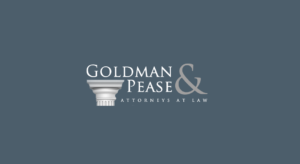
The Corporate Transparency Act Reporting Requirements For Condominium Associations
By Howard S. Goldman, Esq. What is the Corporate Transparency Act? The Corporate Transparency Act (“CTA”) is a federal law enacted in 2021 to combat illicit activity including tax fraud, money laundering, and financing for terrorism by capturing more ownership information for specific U.S. businesses operating in or accessing the country’s markets. Businesses meeting certain criteria (including all state corporations, LLCs, condominium associations, and similar entities registered to do business) must register. Regulated companies must submit a Beneficial Ownership Information Report










